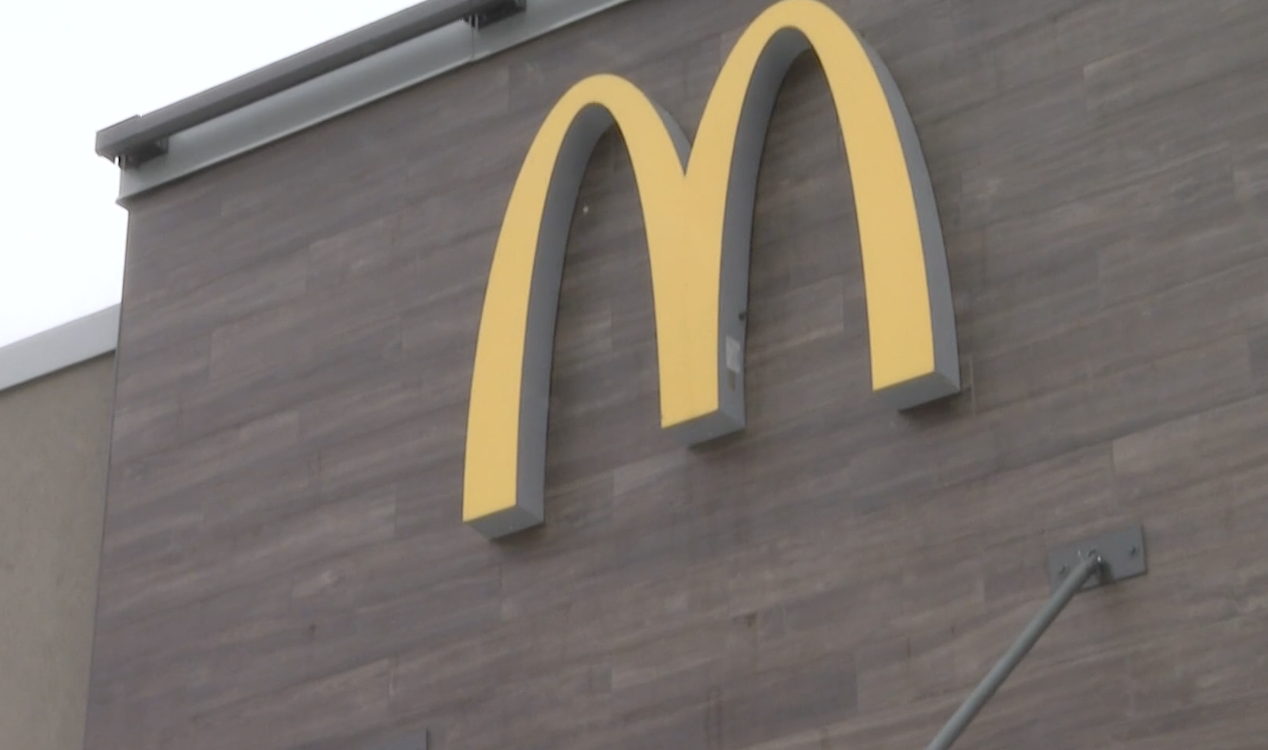The Chicago Bears are still actively pursuing their plans to build a new stadium, and team President and CEO Kevin Warren laid out his ambitious agenda for the new year.
During a postseason press availability, Warren said that the Bears are still focused on building a new stadium in downtown Chicago, with their focus remaining on a site near the shores of Lake Michigan.
“The status is (that) downtown still remains the focus, (specifically) the Museum Campus,” Warren said. “I feel like we’ve made a massive amount of momentum. I’ve been here 20 months, and we’ve made great progress.”
Warren also reiterated his goal of beginning construction on the new project during this calendar year.
“I remain steadfast that the goals remains that we be sure to get shovels in the ground in 2025,” he said.
Late in 2024, Warren and the Bears reached an agreement with Arlington Heights officials over a property tax dispute surrounding the 326 acres of land the team purchased in the suburban community with the intent of building a stadium approximately 45 minutes from Chicago.
While Warren called the land a “fantastic piece of property,” he emphasized that the team is still committed to a Chicago stadium project at this time.
Local
“We own 326 acres of beautiful land in Arlington Heights. It’s a fantastic piece of property,” he said. “We were able to get the memorandum of understanding done there, so optionality does exist.”
In 2024, the Bears unveiled plans for a new stadium along Lake Michigan, coming with a price tag of nearly $5 billion. The domed stadium would be built next door to their current stadium at Soldier Field, and while the Bears would contribute just over $2 billion, they would also request nearly $1 billion in bonds from the Illinois Sports Facilities Authority, along with a variety of funds to assist with infrastructure development around the new stadium.
Feeling out of the loop? We'll catch you up on the Chicago news you need to know. Sign up for the weekly> Chicago Catch-Up newsletter.
The plan would require approvals from the city of Chicago and from the state of Illinois, but it remains unclear how much political momentum exists to push the project forward. Mayor Brandon Johnson has expressed support of the project’s goals, but Gov. J.B. Pritzker, along with leadership in the House and Senate, has been more lukewarm.
In addition to political considerations, the team could also face opposition from community groups, including Friends of the Parks, who have raised numerous questions about building the stadium on the lakeshore.
The group, whose mission is to keep the lakeshore “forever open, clear and free" according to their website, has voiced opposition to the use of public land for the stadium.
“While we would love the Chicago Bears to stay in the city, we object to the site they have selected, and the ultimate cost to our city and residents,” interim Executive Director Gin Kilgore said. “Ensuring Chicago’s lakefront remains forever open, clear and free is not the responsibility of one group, but the work of many.”
Groups have also raised concerns about the reduction of green space along the lake, while other activists have pointed to the usage of public funding for a stadium as potentially damaging to the city’s finances.
A 2% hotel tax levied by the Illinois Sports Facilities Authority would be used to raise nearly $900 million for the project, according to the Bears’ plans. That tax is currently used by the Chicago White Sox to pay for the construction of Rate Field, with the Sox still exploring their options for a publicly financed stadium project as the lease on their ballpark will expire later in the decade.



